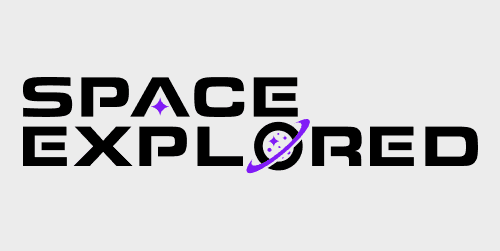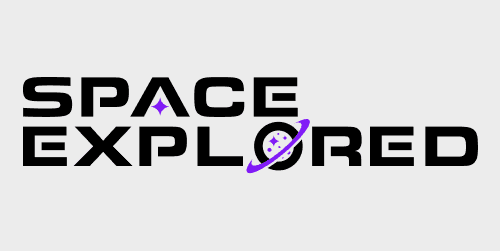
Updates June 10-June 12:
- Liftoff from New Zealand will be at 10:13 p.m. PT/1:13 a.m. ET.
- Launch countdown is currently on hold due to high wind speeds in the area. The clock will recycle to T-12 minutes if weather improves.
- Out of hold! 2:08 a.m. ET liftoff.
- Hold again at 2:06 a.m. ET. 13 minutes left to recycle the countdown to T-12 minutes before the launch window closes until tomorrow.
- Scrubbed due to wind speeds on first launch attempt. Next attempt will be June 13, 12:43 a.m. ET.
- New launch target: June 13, 12:53 a.m. ET … now 1:12 a.m. ET.
- Success!
Rocket Lab plans to launch payloads into space for three customers including NASA this week from its launch site in New Zealand. The small satellite launch service provider will use its Electron rocket to deploy satellites in Earth orbit on a mission called “Don’t Stop Me Now” as soon as Thursday, June 11.
- Launch window for each day is 12:43 a.m. ET to 2:32 a.m. ET starting June 11 through June 24
- Mission will include the 12th Electron rocket to launch in three years
- Customers include NASA, US National Reconnaissance Office, and the University of New South Wales Canberra Space
Launch timeline
The sleek black Electron rocket will fly from Rocket Lab’s Launch Complex 1 site at the beautiful Mahia Peninsula. The launch site offers a gorgeous backdrop as the Electron rocket transitions from Earth to low Earth orbit.

Electron will go vertical on the launchpad and begin fueling four hours before liftoff. The Launch Director will issue a go/no-go poll 18 minutes before liftoff.
The rocket will reach orbit about nine minutes after liftoff. Each payload will be deployed one hour after liftoff.

What’s going to space?
Rocket Lab’s objective is to deploy small satellite and CubeSat payloads for three customers. The multi-customer launch is considered a rideshare mission.
NASA:
The CubeSat manifested by NASA on this mission is part of NASA’s CubeSat Launch Initiative (CSLI), which provides hands-on space hardware development and learning opportunities to universities, high schools and non-profit organizations.
Created by electrical and mechanical engineering students and professors at Boston University, the ANDESITE (Ad-Hoc Network Demonstration for Extended Satellite-Based Inquiry and Other Team Endeavors) spacecraft will use a wireless network of lightweight minisatellites to measure the strength and direction of electrical currents flowing in and out of Earth’s magnetic field, the impact of which can affect radio communications and electrical systems on Earth. ANDESITE’s acquired datasets will help researchers better understand the makeup of Earth’s polar lights (aka aurora) and better predict potentially dangerous solar storms.

ANDESITE satellite integration at Rocket Lab HQ in Long Beach, California
National Reconnaissance Office:
Don’t Stop Me Now also carries three payloads designed, built and operated by the NRO under the Rapid Acquisition of a Small Rocket (RASR) contract vehicle. RASR allows the NRO to explore new launch opportunities that provide a streamlined, commercial approach for getting small satellites into space. This mission follows Rocket Lab’s first dedicated mission for the NRO, Birds of a Feather, which was launched on 31 January 2020 NZT from Rocket Lab Launch Complex 1.
The University of New South Wales:
The University of New South Wales (UNSW) Canberra Space, together with the Australian Government, have developed the M2 Pathfinder — a satellite to test communications and other technologies in low Earth orbit, including reprogrammable software-based radio capabilities.
Why the name?
“Don’t Stop Me Now” is named in dedication to the late Rocket Lab board member Scott Smith. He died in February 2020.
The upcoming mission is named after Smith’s favorite Queen song. The mission patch includes Smith’s initials, S.S.S., for Stanford Scott Smith.

How to watch
- Rocket Lab streams each of its missions live on its website at www.rocketlabusa.com/live-stream
- The 12th flight of an Electron rocket and second Rocket Lab mission of 2020 will also stream on YouTube.com/RocketLabNZ
- View the previous mission from January below:
Originally published June 8, 2020. Updated on June 10, 2020.
FTC: We use income earning auto affiliate links. More.




Comments